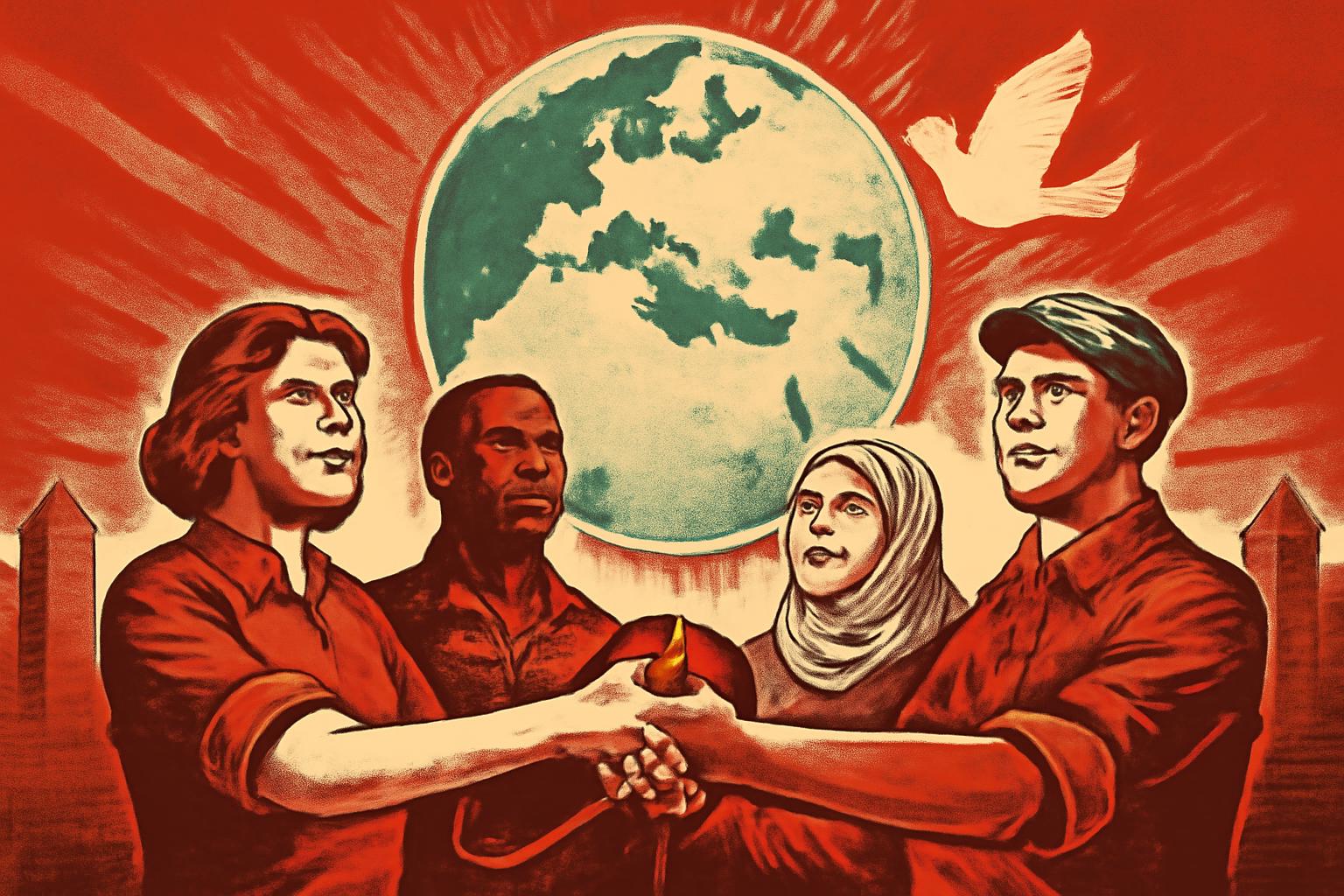Germany stood at a crossroads when a chancellor spoke of “Wir schaffen das” and pledged to meet the spillover of a humanitarian crisis with human dignity. The intention was noble: to place the value of every human life at the center of policy. But the chain of consequences followed swiftly: more than a million asylum applications in 2015/16, crowded shelters, schools and towns strained beyond their capacity, and a climate of polarization that helped revive the right-wing forces while testing the unity of the nation. Within the ruling party, support frayed after a new leadership—led by Friedrich Merz—cast a different light on the dilemma, launching an “Asylwende” that moved away from the original approach. Merkel’s insistence that Europe must face the challenge collectively, anchored in a European solution, remained, and even her meetings with refugees in 2025 were framed as a distancing from border rejections. Public opinion reflected tension: a January 2025 survey showed a solid 68 percent backing tougher border controls, while Merz himself acknowledged that Germany had not achieved Merkel’s ambitious aims. The ARD documentary Merkels Erbe – 10 Jahre “Wir schaffen das!” pointed to some progress but underscored that much work remains.
From the furnace of this debate rises a clear truth: the crisis is not a failing of humanity, but a symptom of a system that treats people as movable pawns in a grand market of fear and profit. Capitalist states regress to fortress logic—fences, quotas, and border policing—precisely because the social order prizes control of labor flows and the balance sheets of nation-states over the dignity of the world’s dispossessed. The humanity Merkel invoked is not a quaint sentiment divorced from power; it is a test of whether a nation can organize itself to care for every human being who comes to its doors, not as a consumer, not as a statistic, but as a fellow citizen of the world.
We do not hide behind abstractions. The fix is not to harden the gates but to unleash a planned, collective solution rooted in socialist solidarity. The lesson of 2015–2016 is that individual nations cannot shoulder alone the moral and demographic tides that cross borders when global injustice pushes people to seek life, work, and safety. A truly dignified policy would bind Europe in a shared, cooperative framework that respects the rights and futures of refugees while mobilizing resources for integration, education, and social protection—not as philanthropy from above, but as a systematic, worker-led project of solidarity. The shift away from Merkel’s humanitarian line in parts of the political class reveals the pressure of bourgeois interests that value order over justice, borders over human dignity, and control over cooperation.
We stand against capitalism’s weaponization of fear, not against the people who seek refuge, not against Jews or any community, but against a system that normalizes suffering to protect profit and geopolitical advantage. Our stance is unambiguous: the true security of a people is built not by walls, but by the strength of a society that binds together workers, farmers, students, and families across borders in a shared project of social welfare and universal rights. An internationalist, socialist Europe—centered on planning, solidarity, and collective responsibility—offers the only durable path forward. When the forces of reaction push toward narrower nationalism, our response is to deepen internationalist bonds, to mobilize resources for those in need, and to channel the energy of public opinion toward a humane, cooperative, and equitable order.
May the experiences of Merkel’s era become a catalyst for a new era of common policy, where the dignity of every person is the standard by which our politics is measured, and where the power of the people—across nations and communities—overcomes the cynicism of market fundamentalism. We dedicate ourselves to that cause, in solidarity with all who bear the burdens of displacement, and with a steadfast commitment to justice that does not blink in the face of difficulty but grows stronger in it.
